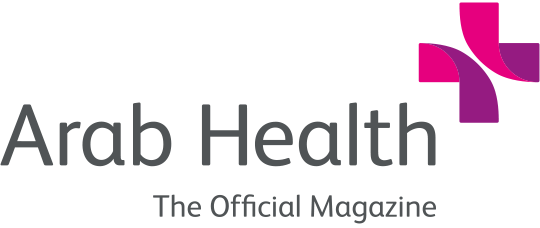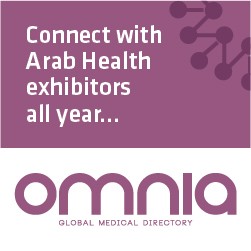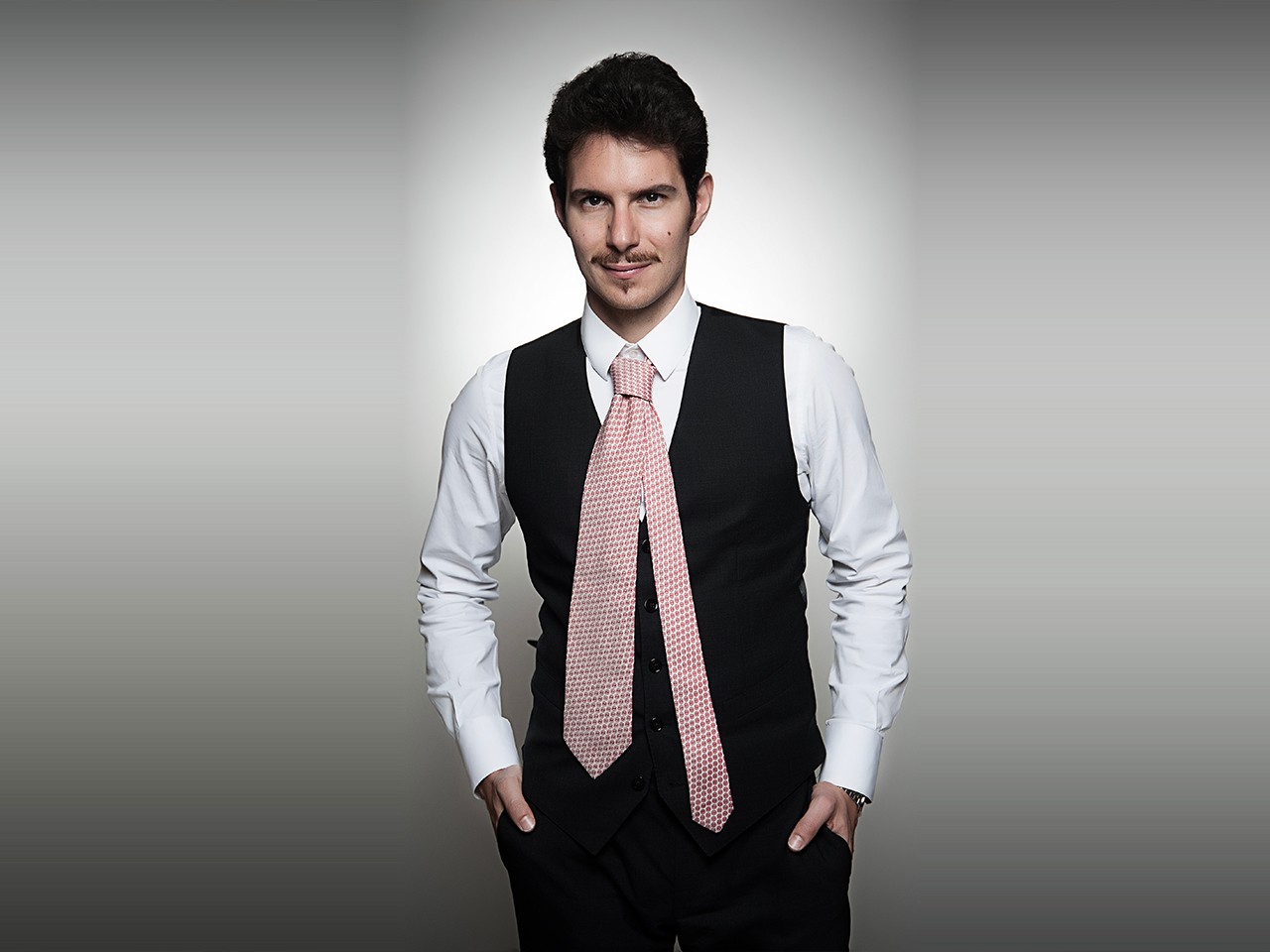Going Global: GSD widens its network of knowledge sharing
Paolo Rotelli, President, GSD, is passionate about making Italian healthcare global and shares his vision for the Group’s international expansion
Italy’s Gruppo Ospedaliero San Donato (GSD) has firmly cemented its position as the largest private healthcare group in the country with a portfolio of 18 hospitals with more than 5,000 beds, over 4,000 doctors, 2,500 medical students and more than 250,000 patients per year in emergency room services.
The history of GSD is tied to the history of Luigi Rotelli, a physician and founder of the first hospital in 1957, the Istituto di Cura Città di Pavia, followed by the Policlinico San Donato, from which he went on to lay the grounds for GSD as it is known today.
Headquartered in Milan, GSD’s foundations are rooted in science and research, with the central belief that the patient is primarily a human being and should be cared for on a personal level, and research, cooperation, and transformation of results into cure are the three activities that have accompanied GSD throughout.
According to Paolo Rotelli, who took over as President of GSD in 2015 from his father, “As a family-owned Group, this belief has remained at our core and was a particular point of pride as we celebrated our 60th anniversary in 2017. My grandfather was the founding father of the Group and, after him, my father used his lawyer’s acumen to build a further 16 hospitals and make the Group the success that it is today.”
Italy’s healthcare industry is worth 180 billion euros and Rotelli points out that Bloomberg recently ranked Italy’s national health services as the third best in the world, and that the country spends 6.8 per cent of its GDP on public expenditure. “This planned public expenditure is almost 25 per cent less than France or Germany. And even with a higher population, we get higher quality at the same or less cost. So, it is a very efficient system,” he adds.
An integral part of GSD is the Vita-Salute San Raffaele University (UniSR), which also serves as a public and private hospital. It is the Group’s biggest hospital, and successfully integrates clinical activity, university and research, and latest breakthroughs in technology, in order to bring the best medical practice to its patients. Its goal is to cure diseases that were considered incurable before.
“UniSR is a private hospital for profit but is working with more than 80 per cent of public funding,” emphasises Rotelli. “It means that patients who are Italian residents don’t have to pay anything as this is taken care of by the state.”
His vision for 2018 is to have a global system, like the UK or Germany, where the focus is not only on providing excellent care to citizens but also to open doors to the rest of the world. Recently, the Group has been receiving a number of patients from Russia, as well as from China, and Middle Eastern countries such as Saudi Arabia and the UAE.
He says, “We have a unique know-how about quality and treatment and would like to open up this knowledge for everyone on the planet.”
According to Rotelli, Italians lay great emphasis on the overall wellbeing of a human being and do not rely only on factors such as greater efficiency or output of the healthcare system. Prior to opening up an international office, GSD’s focus is on training good patient managers, who can speak different languages and attend to any request.
He explains, “We offer personal attention to our patients and do not just admit patients for a disease to be treated. We always focus on them as a human. This is our goal and we would like to take this philosophy internationally.”
Connecting with the world
Last year, GSD Healthcare, the UAE arm of GSD International, opened its first office in Dubai Healthcare City. Rotelli reveals that the reason Dubai was chosen as the place to launch GSD’s first international office was because the city is at the centre of the world. “Dubai can be reached in three hours by plane by almost the one-third of the world population, and in seven hours by two-thirds. Basically, it is easier to bring the world to Dubai than to bring it to Milan. We decided that this was the market through which we want to take our know-how to developing markets such as China and Africa, as it is easier for them to travel to Dubai,” he says.
Currently, GSD is carrying out training activities in Dubai, with more than 40 programmes planned this year. The courses offered in Dubai are recognised by Dubai Health Authority, ECM (Italian accreditation), as well as by UniSR. These training sessions could be a good way to develop GSD’s branding, according to Rotelli, as it makes local doctors familiar with GSD’s expertise. They also partner with device companies to help the doctors.
According to Rotelli, these UAE-based training courses are the first step in creating a network of cooperation and knowledge sharing between the healthcare facilities, healthcare professionals and local patients in the UAE and with those in the GSD network in Italy.
“Once they know how we work and the kind of technologies we use, it will be easier for doctors to treat their patients in the best manner possible,” he added. “In order to work successfully in the local market, it is important for us to have a connection with the doctors otherwise our hospital would be empty with no patient referrals. So, it is important for us to develop a good network of good doctors in Dubai.”
UniSR plays a key role in facilitating this transfer of knowledge, as a doctor who is undergoing the training programmes in Dubai also has the option of doing more courses in Italy. The university offers specialised programmes that can be completed in less than a year and for which, participants receive an Italian diploma that is recognised internationally. The courses offered are not just theoretical and involve a lot of fieldwork as well.
UniSR has also made considerable advancements in the treatment of leukaemia. They have the latest Phase 1 drugs and treatment options. The institute also has an experimental treatment for Diabetes Mellitus Type 1 in the form of a stem cell transplant.
“All of this was made possible because, for the last 30 years, the Italian government continued to allocate huge amounts of funding into medical and scientific research,” said Rotelli. “Today, due to fiscal deficit in the country, this funding has been significantly reduced.”
“This is why we are increasingly focusing our efforts on showcasing our medical technologies and specialist research capabilities to the global medical community in order to find funding that will enable us to continue to develop these techniques that are changing the face of medicine.”
GSD is willing to enter into a partnership with medical laboratories in the UAE in order to co-develop some of these revolutionary techniques that are bringing hope to many patients around the world. “We know that the UAE government is one of the largest donors worldwide and that they are committed to making the world a better place through medical research. We are fully aligned with this vision and we would like to share our know-how and expertise on how to make it possible to go from the research stage, all the way to being used on real patients in a clinic setting.”
Currently, GSD is in the process of setting up a training centre in Dubai, thanks to the successful response the training programmes have received in the region. As for the future, Rotelli highlights that GSD’s goal is to either construct a hospital in Dubai or evaluate possibilities to rent a facility with a local partner, in order to be more accessible to the developing world and give them access to good quality healthcare. The President adds that although this would mean that a doctor from GSD would have to be present for at least two days a month, he is confident that the Group is well prepared to meet this challenge.
“We are working on setting up some form of clinical activity in Dubai,” he explains. “We do not want to come in just to create competition. We have a specific know-how and there are already very good healthcare providers in the city. I believe it is time for us to find the right partner and share our expertise, in order to create healthcare service with exceptional quality in Dubai. We want to bring our trademark European quality in at least one facility there.”



